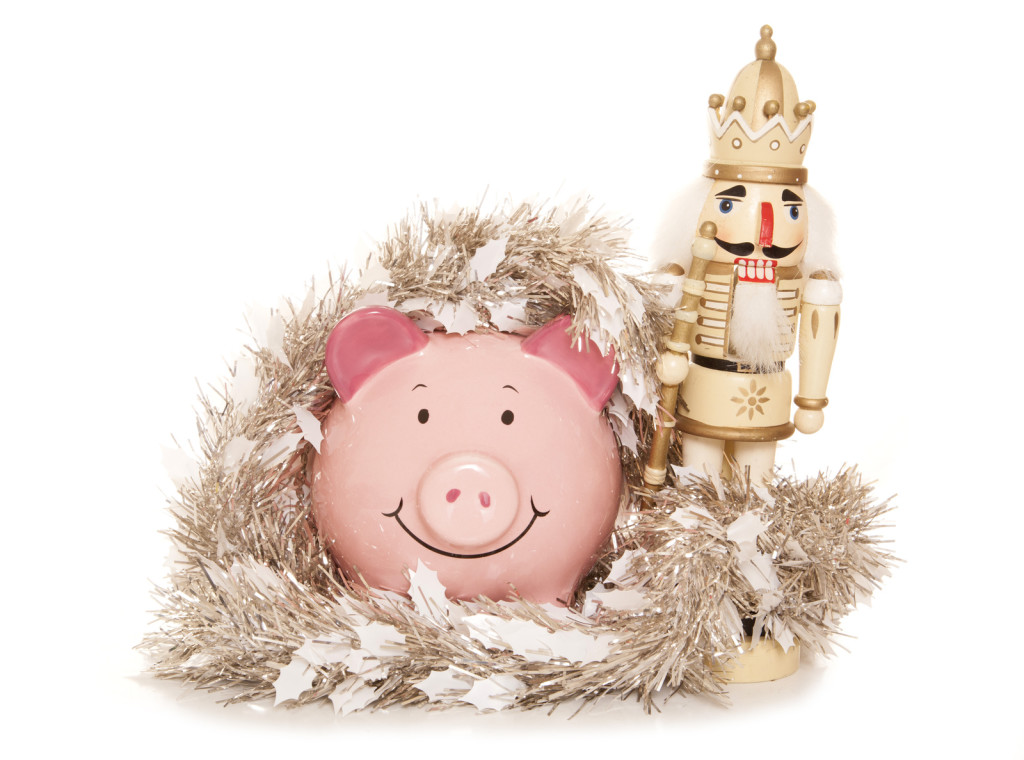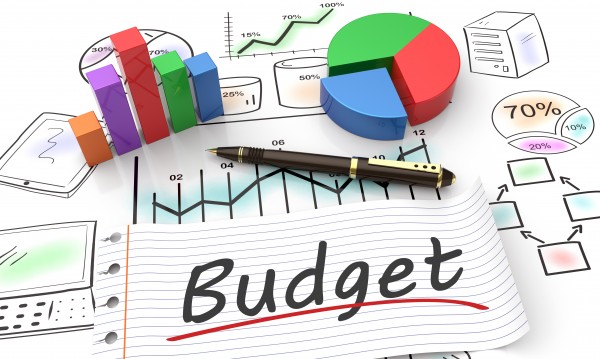How Budgeting is like Preparing for the Holidays

While many quip that the holidays are “the most wonderful time of the year,” they can be a source of immense stress. That’s why it is important to begin preparations early and make a plan for all items that need to be accomplished—from choosing the right presents down to the color of the frosting used on the cookies. The tactics utilized in holiday preparations are the same ones used in business budgeting, except with more holly and a bit more jolly.
You make a list of your expenses.
A list is a great tool for visual organization, especially when there is a handful of items to purchase or tasks complete. During the holiday season, lists make up the core of preparation, detailing gifts, decorations, and food that are needed.
Often budgeting comes into play due to the increase in spending in a short amount of time. Like making a list of holiday necessities, businesses make lists of all their expenses, from utilities to costs of raw materials.
This information falls at the core of strategic budgeting too, for without it, none of the other steps—like planning and forecasting—could be completed. Most business invest in budgeting software to keep their expenses up-to-date.
You plan out your strategy
What should be accomplished and when? Is there a goal to have all the presents purchased over a period of several weeks and wrapped by X date—or is all the shopping to get done on one day (such as Black Friday)?
What dish are you responsible for bringing to the annual holiday party at work? Holiday preparation, like budgeting, involves a lot of goal setting: what needs to be done, and how and when will it be completed? In business, plans are essential for maintaining a strong business and seeing it grow.
You forecast upcoming disasters.
 For many, the holidays are a period of high stress. Plans may often go awry, and at that point it is necessary to readjust. Wanted to make turkey but the stores were all sold out when you got there? Consider making a zesty pasta dish instead.
For many, the holidays are a period of high stress. Plans may often go awry, and at that point it is necessary to readjust. Wanted to make turkey but the stores were all sold out when you got there? Consider making a zesty pasta dish instead.
In business, this would be known as forecasting, or adjusting based on current performance. If goals are not being met by a set time—say, that anticipated revenue gain wasn’t made by the first quarter—then it is time to reevaluate and determine new strategies to meet the upcoming goals, if not setting new goals entirely.
You take notes for next time.
Perhaps your vision for the holidays didn’t pan out quite as expected. You identify what went wrong and how, keeping a mental note to make specific changes to avoid the same problem for next year. That turkey you couldn’t buy?
Next year, plan to purchase it several weeks in advance and avoid a last-minute read-through of your grandmother’s treasured recipes. In business budgeting, all information is analyzed to improve the budget in the future.
What was successful and can it be replicated? What changes were made that positively or negatively affected the budget in various quarters? The budget data and analysis of the data is necessary to optimize strategies put in action.
Like throwing a successful party, business budgeting requires implementing well-known tactics like strategic planning and forecasting in order to see the most successful outcome. Except instead of seeing more Santa red this holiday, a successful business budget can expect to see more Grinch green.
Hannah loves writing about any topic, and writing about businesses is no exception. She currently writes on behalf of the budgeting, planning, and forecasting experts at True Sky.
When not marrying words, Hannah enjoys reading science fiction, fantasy, and dystopian works; sipping margaritas (always frozen); and trying to make the world a happier place. Tweet her @hannahmnava or connect with her on LinkedIn.
Category: Budget




